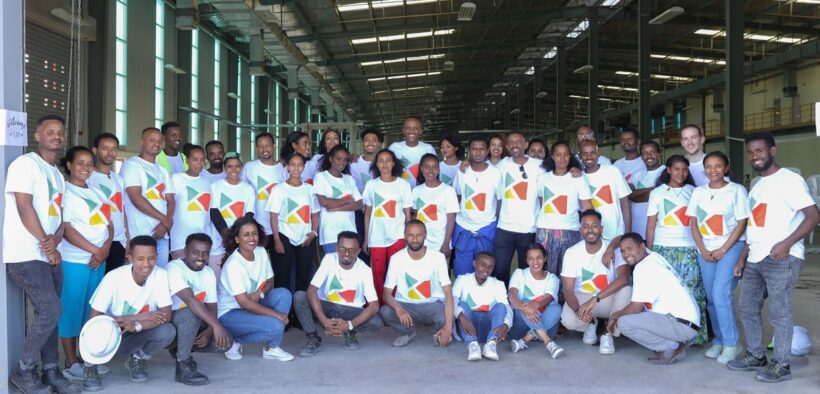Ethiopian Startup Kubik Secures $5.2 Million Seed Funding for Plastic Waste Upcycling and Affordable Housing
Share

Ethiopian sustainable tech startup Kubik has achieved a significant milestone for the country, securing $5.2 million in seed funding. The round includes investments from East African venture capital firm African Renaissance Partners, Endgame Capital, and King Philanthropies, as reported in a press release sent to AFROTECH™.
Kubik focuses on using plastic waste to construct affordable housing while helping clean the environment. This approach aligns with the mission of King Philanthropies, which aims to support initiatives that address climate change and improve livelihoods.
“Kubik’s vision of providing safe and affordable housing directly aligns with King Philanthropies’ goals,” said Kartick Kumar, managing director at King Philanthropies, in the press release. “The startup is a leader in innovation across Ethiopia and the African market, and we are proud to support its efforts to combat plastic waste and deliver safe, durable, and affordable housing.”
The successful funding round marks a first for Ethiopia, making Kubik the first Ethiopian startup to receive a multi-million-dollar investment in the field of climate and sustainability solutions.
“We are delighted to complete our $5.2 million seed funding round and welcome our outstanding new investors,” said Kidus Asfaw, Kubik’s co-founder and CEO, in a statement. “These investors recognize Kubik’s market potential, our strategic achievements, and share our vision of building sustainably and affordably for a brighter, greener future.”
Kubik plans to use the funds to expand its team and presence across Ethiopia. The startup will also enhance its technology to monitor waste and measure its environmental impact. Additionally, it aims to extend its outreach to include more female waste collectors.
“This funding will enable us to meet the rising demand, scale our operations with improved technology, and empower more female waste collectors,” Asfaw added.




















